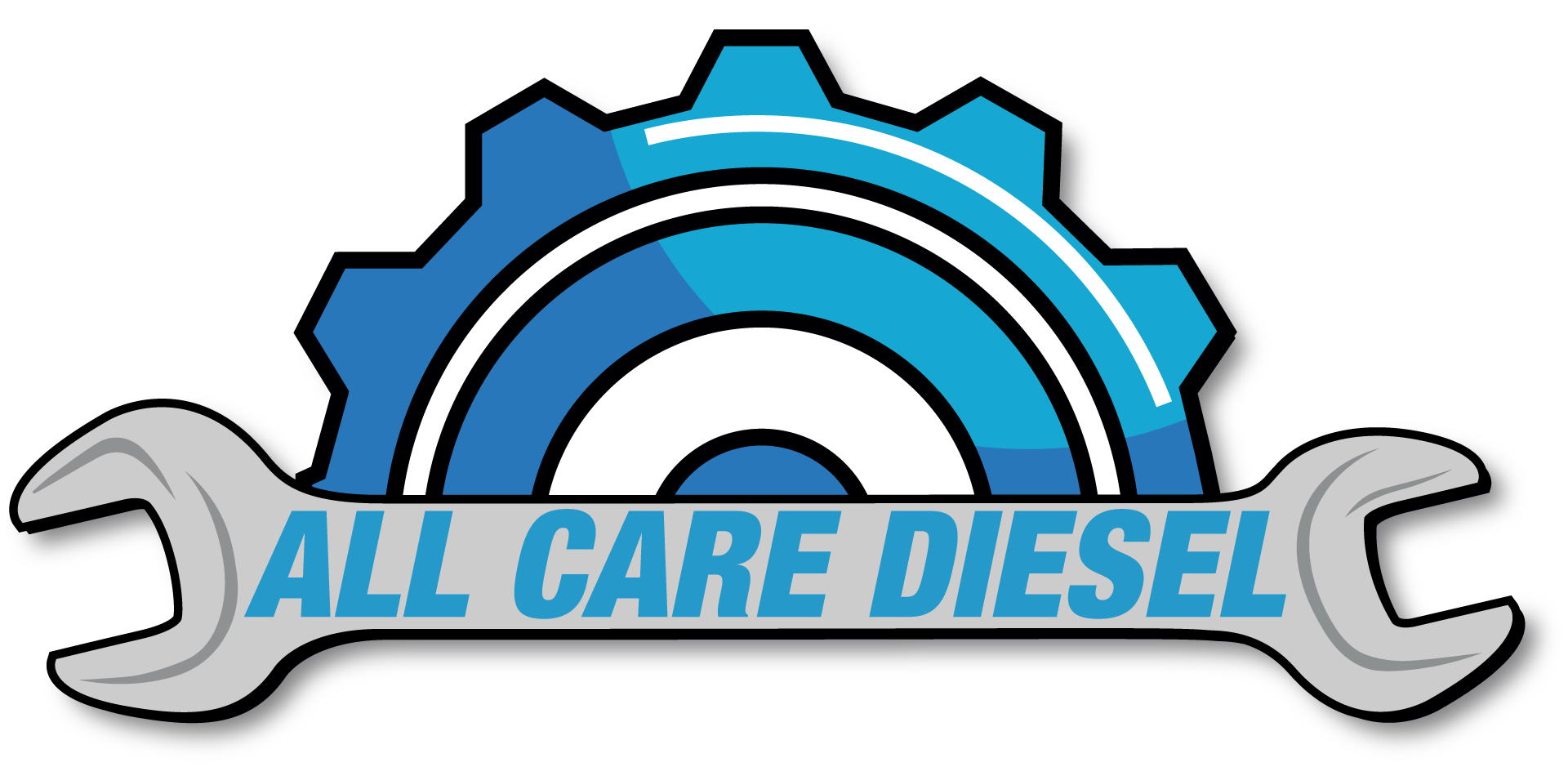Essential Tips for Maintaining Your Heavy Diesel Equipment : Do's and Don't

Do's for Maintaining Heavy Diesel Equipment
Do: Regular Inspections and Maintenance
It all starts with routine inspections when it comes to keeping your diesel equipment in top shape. Make it a habit to check for leaks, worn-out hoses, and any signs of corrosion. Don’t let small issues slide; addressing them promptly can save you from larger, more costly problems down the road. Stick to the manufacturer’s maintenance schedule for oil changes, filter replacements, and other crucial tasks.
Do: Use High-Quality Fuel And Additives
Investing in quality diesel fuel from reputable sources is a smart move. Subpar fuel can cause injector problems and reduce efficiency. Consider using fuel additives to enhance combustion and prevent deposits from building up in the engine.
Do: Train Your Operators
The way heavy equipment is operated can significantly impact its lifespan. Ensure your operators are well-trained and follow recommended operating procedures. Teach them about the importance of avoiding overloading equipment and guide them in proper warm-up and cool-down practices.
Do: Store Equipment Properly
When your equipment isn’t in use, give it proper shelter. Storing it in a clean, dry, and secure environment is essential. Exposing machinery to the elements can lead to rust, corrosion, and the deterioration of rubber components. Secure storage can prolong its lifespan.
Do: Address Issues Promptly
Unusual noises, vibrations, or changes in performance? Don’t ignore them. Address these signs promptly, as ignoring them can lead to more significant problems and higher repair costs.
Do: Monitor Exhaust Emissions
Stay vigilant about your equipment’s exhaust emissions to ensure that you’re in line with environmental regulations. Elevated emissions can serve as a sign of potential underlying engine issues.
Do: Lubricate Moving Parts
Effective lubrication is key to reducing friction and minimizing wear on the moving components of your equipment. Adhere to the manufacturer’s recommendations for lubrication intervals and use the appropriate lubricants.
Do: Consider Regular Performance Testing
Incorporating periodic performance tests, such as dyno testing, into your maintenance routine can provide valuable insights into your equipment’s overall condition and help identify any performance-affecting issues.
Do: Stay Informed About Technological Advances
Keep yourself well-informed about the latest advancements in diesel engine technology and maintenance techniques. Staying current allows you to adopt more efficient and environmentally friendly solutions.
Don'ts for Maintaining Heavy Diesel Equipment
Don't: Neglect Cleanliness
As basic as it may seem, keeping your equipment clean is often underestimated. Accumulated dirt and debris can lead to overheating and premature wear. Make a point to regularly clean the exterior of your machinery, paying extra attention to the air intake and exhaust systems.
Don't: Ignore Fluid Levels
Fluids like engine oil, coolant, and hydraulic fluid play a vital role in heavy equipment performance. Check fluid levels regularly and ensure they’re at the right levels. Low fluid levels can lead to overheating and other mechanical headaches.
Don't: Run Equipment with Worn Parts
Using machinery with worn or damaged parts is a recipe for further trouble and reduced efficiency. Take the time for regular inspections of components like belts, hoses, and bearings. Replace any parts that show signs of wear to maintain peak performance.
Don't: Neglect Documentation
Keeping meticulous records of maintenance and heavy equipment repair might not be glamorous, but it’s vital. These records help you track the history of your equipment and identify patterns of issues. And when it’s time to sell or trade in, having solid documentation adds value.
Don't: Attempt Complex Repairs Without Proper Expertise
Being proactive is good, but attempting complex repairs without the right know-how can do more harm than good. If you’re not confident in your abilities, consult a professional technician to avoid exacerbating the issue.
Don't: Forget About Battery Maintenance
Don't: Disregard Safety Precautions
Always make safety your most important thing when doing fleet maintenance. Put on the gear that protects you (PPE), follow safety rules, and do things beforehand to stop accidents.
Don't: Use Improper Storage Procedures
If your equipment is going to be inactive for an extended period, it’s essential to follow proper storage procedures. This includes tasks like draining fuel and fluids to prevent degradation.
Don't: Disregard Environmental Impact
Dispose of waste materials responsibly and adopt eco-friendly practices during your maintenance activities to minimize any adverse environmental effects.
Conclusion
Understanding the intricacies of maintaining heavy equipment with the right practices and avoiding the wrong ones is a vital commitment. By following regular inspections, correct lubrication, and thorough operator training, you can secure peak performance, extended longevity, and reduced downtime. On the flip side, disregarding cleanliness, safety precautions, and environmental considerations can result in significant setbacks. Embracing these crucial positive actions and steering clear of the corresponding pitfalls will unquestionably set the stage for effective, dependable, and enduring diesel equipment operation across a range of industries.
Contact Surrey-based company- All Care Diesel for maintenance of your heavy diesel equipment.
